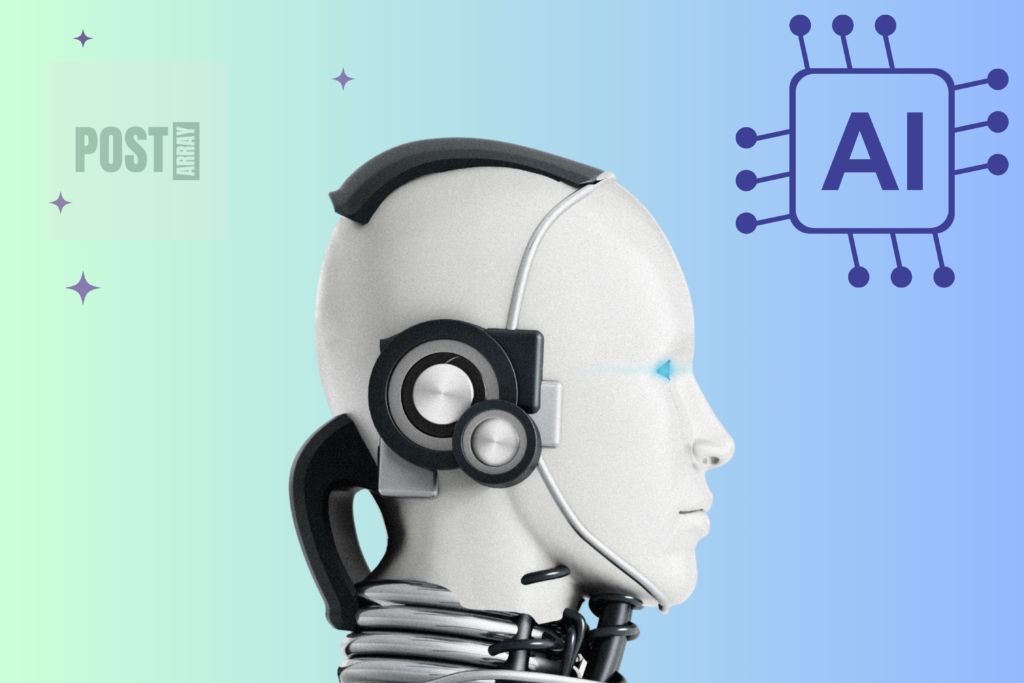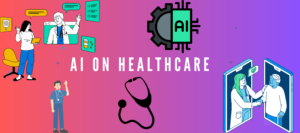In the rapidly evolving world of technology, artificial intelligence (AI) is making significant strides in various industries, and content creation is no exception. The rise of AI-generated content has sparked debates about the future of writing and whether human writers could become obsolete. This article explores the current state of AI in content creation, its potential to replace human writers, and what this means for the future of writing.
1. Understanding AI in Content Creation
AI in content creation refers to the use of algorithms and machine learning to generate written content. These AI tools can produce anything from simple social media posts to more complex articles and reports. With advancements in natural language processing (NLP) and machine learning, AI-generated content has become increasingly sophisticated, often indistinguishable from human-written content.
Examples of AI in Content Creation:
- OpenAI’s GPT: This model can generate coherent and contextually relevant text, making it one of the most advanced AI tools for content creation.
- Jasper AI: A popular AI writing assistant used by marketers and content creators to generate blog posts, ads, and other forms of written content.
- Writesonic: An AI-driven content creation platform that helps generate blog articles, product descriptions, and more with minimal input from the user.
2. The Advantages of AI in Content Creation
AI offers several advantages in content creation, making it an attractive tool for businesses and content creators alike.
A. Speed and Efficiency:
AI can generate content much faster than a human writer. This speed is especially beneficial for businesses that require a large volume of content, such as e-commerce sites or digital marketing agencies. AI tools can produce multiple articles, product descriptions, or social media posts in a fraction of the time it would take a human writer.
B. Cost-Effective:
Hiring professional writers can be expensive, especially for businesses that need ongoing content creation. AI tools offer a more cost-effective solution by reducing the need for human writers. Platforms like Copy.ai and Jarvis provide affordable subscription models, making them accessible to small businesses and startups.
C. Consistency:
AI tools can maintain a consistent tone and style across all content, which is crucial for brand messaging. This consistency can be challenging for human writers, especially when multiple writers are involved in a project.
D. Data-Driven Insights:
AI can analyze large amounts of data to identify trends, keywords, and topics that are likely to resonate with target audiences. This capability allows AI to create content that is more likely to engage readers and perform well in search engines.
3. The Limitations of AI in Content Creation
While AI offers numerous advantages, it also has significant limitations that prevent it from fully replacing human writers.
A. Lack of Creativity:
One of the most significant limitations of AI-generated content is its lack of creativity. AI can generate content based on patterns and data, but it cannot come up with original ideas, insights, or perspectives. Creativity, a hallmark of human writing, is something that AI has yet to replicate effectively.
B. Understanding Nuance:
AI struggles with understanding context and nuance, which are essential for creating content that resonates with readers on an emotional level. For example, AI might generate grammatically correct text but miss the subtleties of humor, irony, or cultural references that a human writer would naturally incorporate.
C. Ethical Considerations:
AI-generated content raises ethical concerns, particularly around authenticity and plagiarism. Since AI relies on existing data to generate content, there is a risk of producing content that is too similar to existing works. This issue can lead to plagiarism, even if unintentional, and raises questions about the ownership of AI-generated content.
D. Quality Control:
While AI can produce large volumes of content quickly, the quality of that content may vary. AI-generated text often requires human oversight and editing to ensure it meets quality standards. This need for human intervention limits the extent to which AI can replace human writers.
For more on the limitations and ethical considerations of AI, refer to Harvard Business Review.

4. AI and Human Collaboration: The Best of Both Worlds
Rather than viewing AI as a threat to human writers, many experts advocate for a collaborative approach where AI and human writers work together to enhance content creation.
A. Enhancing Efficiency:
AI can handle repetitive and time-consuming tasks, such as generating drafts, researching keywords, or formatting text. This allows human writers to focus on more complex tasks that require creativity, critical thinking, and emotional intelligence.
B. Improving Content Quality:
AI can assist human writers by providing data-driven insights and suggestions for improving content. For example, AI tools can analyze reader engagement metrics to identify which types of content perform best, helping writers tailor their work to better meet audience needs.
C. Personalized Content:
AI can help create personalized content at scale, something that would be impossible for human writers alone. For example, AI can generate personalized email campaigns or product recommendations based on user behavior and preferences. This capability allows businesses to deliver more targeted and relevant content to their audiences.
D. Creative Collaboration:
AI can be a source of inspiration for human writers. By generating ideas, outlines, or even rough drafts, AI can help writers overcome creative blocks and explore new angles or topics they might not have considered otherwise.
For more insights on AI and human collaboration in content creation, check out this article from Forbes.
5. Will Writers Become Obsolete?
The question of whether AI will make human writers obsolete is a complex one. While AI is undoubtedly changing the landscape of content creation, it is unlikely to replace human writers entirely. Instead, AI is more likely to augment the work of human writers, making them more efficient and enabling them to produce higher-quality content.
A. The Role of Human Creativity:
Human creativity is something that AI cannot replicate. The ability to generate original ideas, tell compelling stories, and connect with readers on an emotional level is what sets human writers apart. As long as creativity remains a valued aspect of content creation, human writers will continue to play a crucial role.
B. The Demand for High-Quality Content:
There will always be a demand for high-quality content that requires critical thinking, deep understanding of complex topics, and the ability to craft engaging narratives. AI can assist in generating content, but it cannot replace the depth and quality that human writers bring to the table.
C. Evolving Roles:
As AI takes over more routine aspects of content creation, the role of human writers may evolve. Writers may become more focused on strategy, creativity, and oversight, ensuring that AI-generated content aligns with brand values and resonates with target audiences.
D. Ethical and Legal Considerations:
The ethical and legal implications of AI-generated content will also play a role in shaping the future of writing. Issues around plagiarism, content ownership, and authenticity will require human oversight and intervention, ensuring that content creation remains a human-centric process.
For further exploration of the future of AI in writing, see this article from The Guardian.
6. Preparing for the Future of Content Creation
As AI continues to advance, writers and content creators must adapt to the changing landscape. Embracing AI as a tool rather than a threat will be key to staying relevant in the industry.
A. Upskilling:
Writers should focus on developing skills that AI cannot replicate, such as creativity, critical thinking, and emotional intelligence. Learning how to work with AI tools and understanding their limitations will also be essential.
B. Fostering Collaboration:
Collaboration between human writers and AI can lead to more efficient and effective content creation. Writers should explore ways to integrate AI into their workflows, using it to enhance their work rather than replace it.
C. Staying Informed:
The field of AI is constantly evolving, and staying informed about the latest developments will be crucial. Writers should keep up with trends in AI and content creation, understanding how these technologies can impact their work.
D. Ethical Considerations:
Writers must also consider the ethical implications of AI-generated content. Ensuring that content is original, authentic, and aligns with ethical standards will be critical in maintaining trust with audiences.
For more tips on adapting to the future of AI in writing, visit Content Marketing Institute.
Conclusion
The future of AI in content creation is both exciting and uncertain. While AI has the potential to revolutionize the industry, it is unlikely to render human writers obsolete. Instead, AI will augment the work of writers, making them more efficient and allowing them to focus on tasks that require creativity and critical thinking. By embracing AI as a tool and staying informed about its capabilities and limitations, writers can continue to thrive in an increasingly AI-driven world.
For more in-depth analysis and resources on AI and content creation, check out the following:
- OpenAI’s research on GPT
- Forbes on AI and Content Creation
- Harvard Business Review’s take on AI and creativity
The integration of AI in content creation is inevitable, where human creativity, strategic thinking, and ethical considerations will remain crucial. By leveraging AI’s strengths while focusing on the unique capabilities of human writers, the future of content creation will be one of collaboration and innovation.




